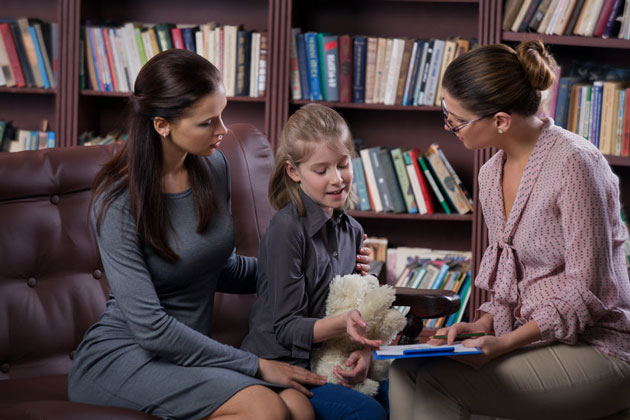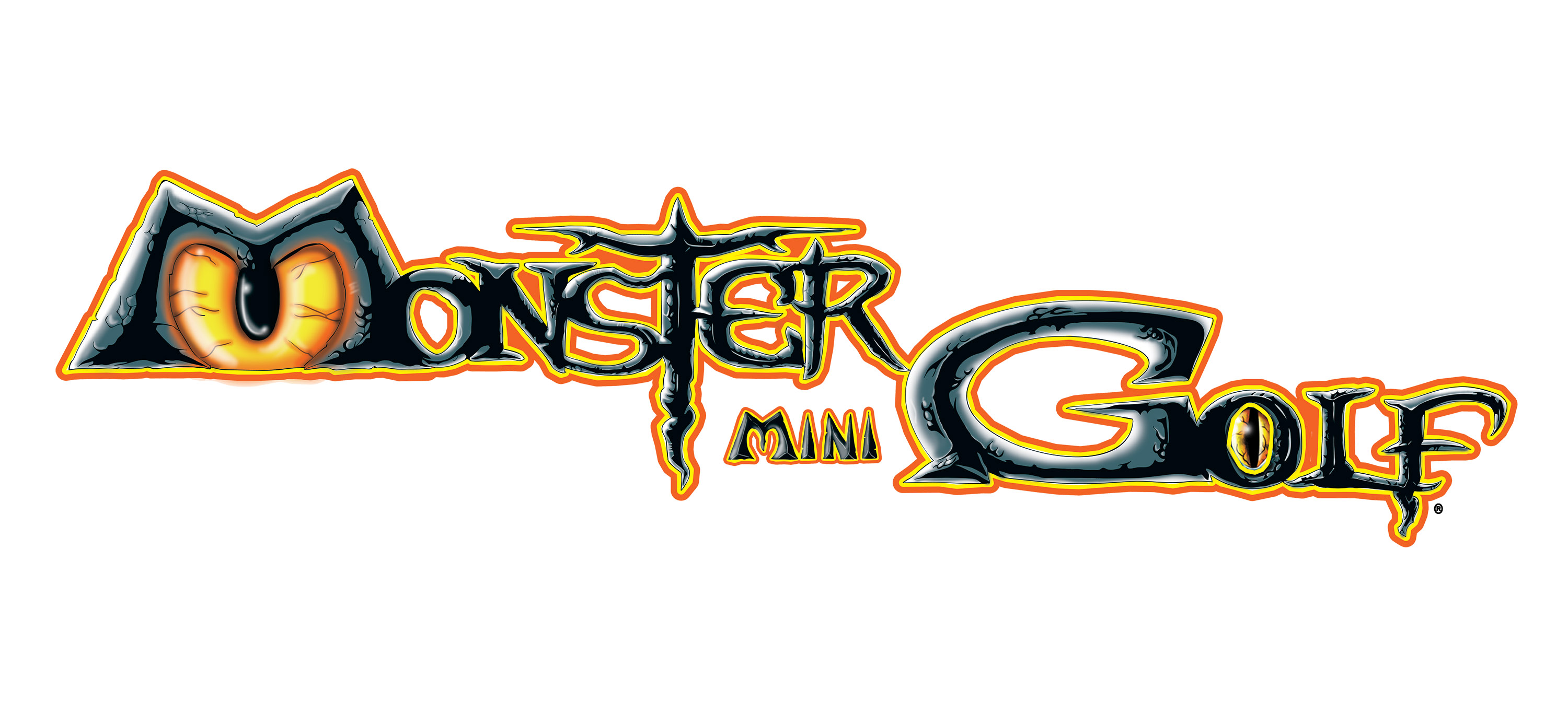
Our Kids' Stress and How Therapy Can Help
Get can’t-miss family activities sent to you!
Get the Best Family Activities
As a result, many children as young as 3 are now in need of therapy. How do parents determine if their child needs help? The easiest clue is if you notice a change in your child's behavior—for example, a happy child now grows anxious in many situations. Children process information and life events differently than adults. Younger children may feel responsible for their parents’ divorce or the death of a family pet because they were at camp when it happened.
Even if a parent and child have a great relationship, the child may feel uncomfortable, guilty, or too embarrassed to tell the parent what is bothering them. Often, the child is not even aware of what is causing the problem. Speaking to an outside, objective person may enable them to clarify the issue and move on. Parents often feel guilty that their child did not tell them what was going on, because they have such a close relationship with the child. I had a mother say to me once, "But he has always told me everything, why not this?" In this case, the 4-year-old boy thought he was protecting his mother, when in fact the problem was neither a big issue for the mother nor did she need to be protected from that knowledge.
Finding a psychotherapist for your child can be very difficult. In my years as a school psychologist (I resigned after more than two decades to truly advocate for children in my private practice), I would tell parents who asked my advice in finding an "outside" therapist: Meet with the therapist first without your child and decide if you feel that therapist is an approachable person with whom you would want to talk.
Once you select a therapist, you might also want to facilitate contact between the therapist and your child’s school, which can be very beneficial. For example, if the school staff does not know that the child is acting out because his or her parents are going through a difficult divorce, they may see the child's behavior as "defiant" rather than what it really is, an attempt to regain some control over his or her life.
As parents we want to feel that we are giving our children the support and the tools that they need to succeed in life. For a lot of children in today’s stressful world, those tools may include sessions with a therapist.





